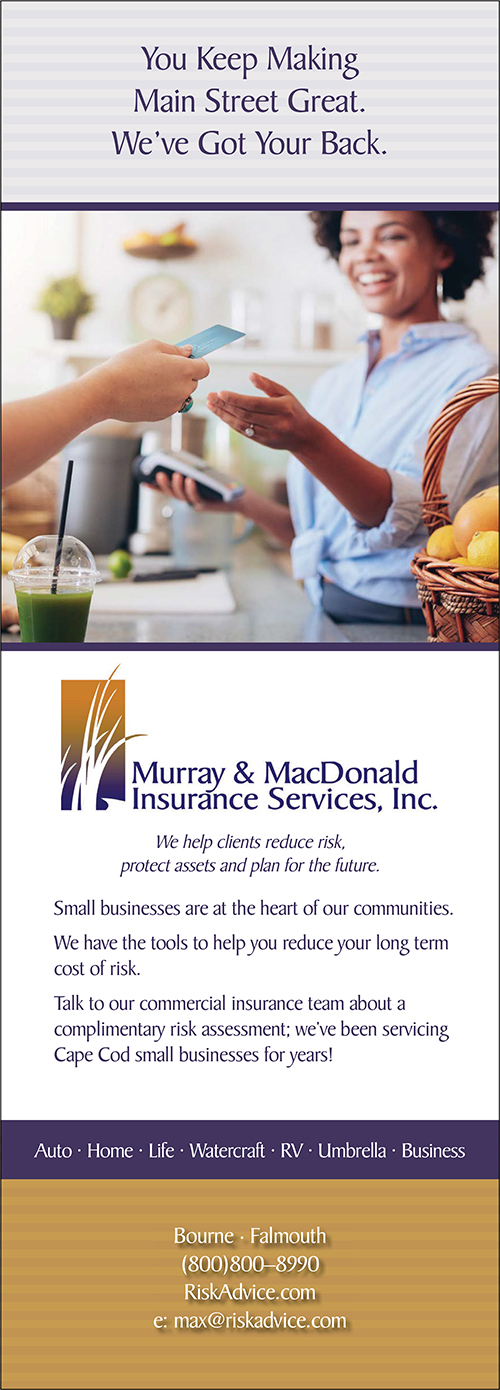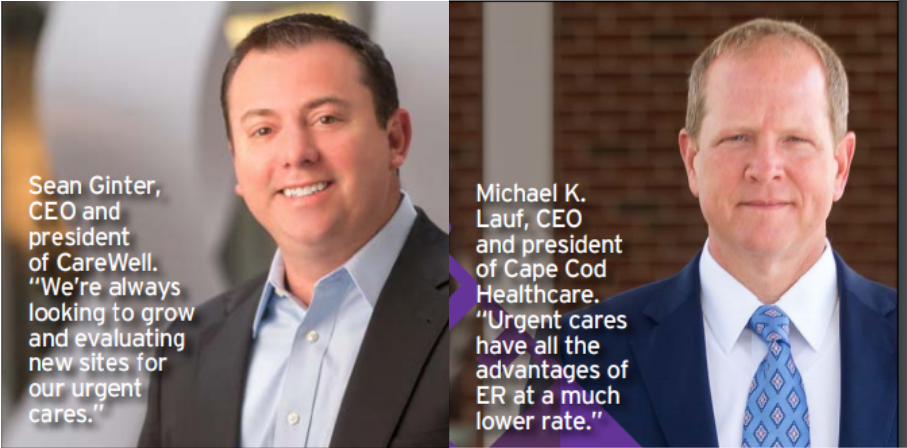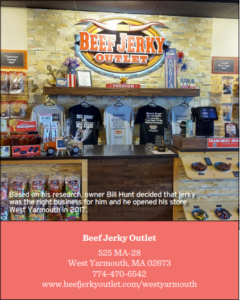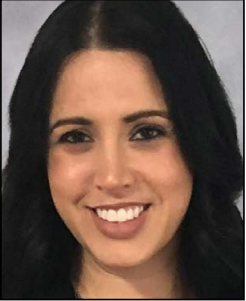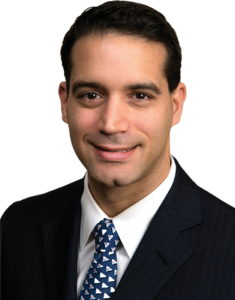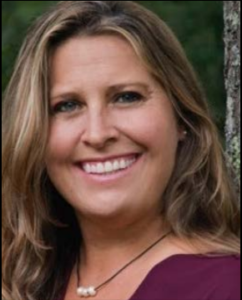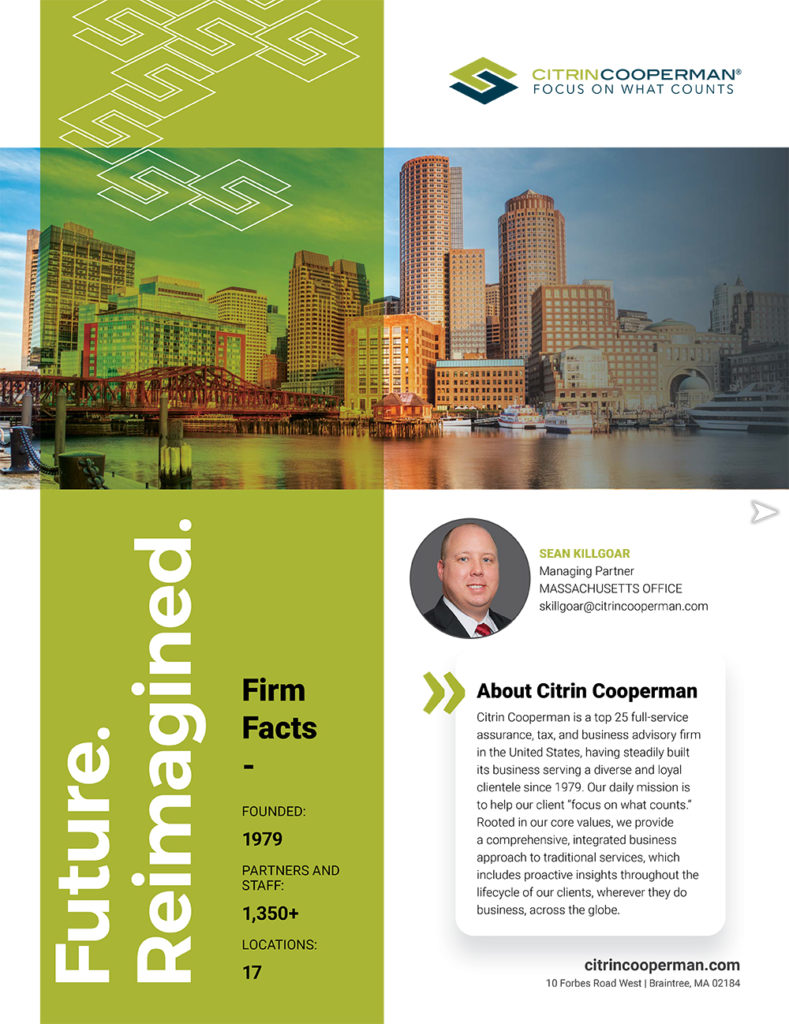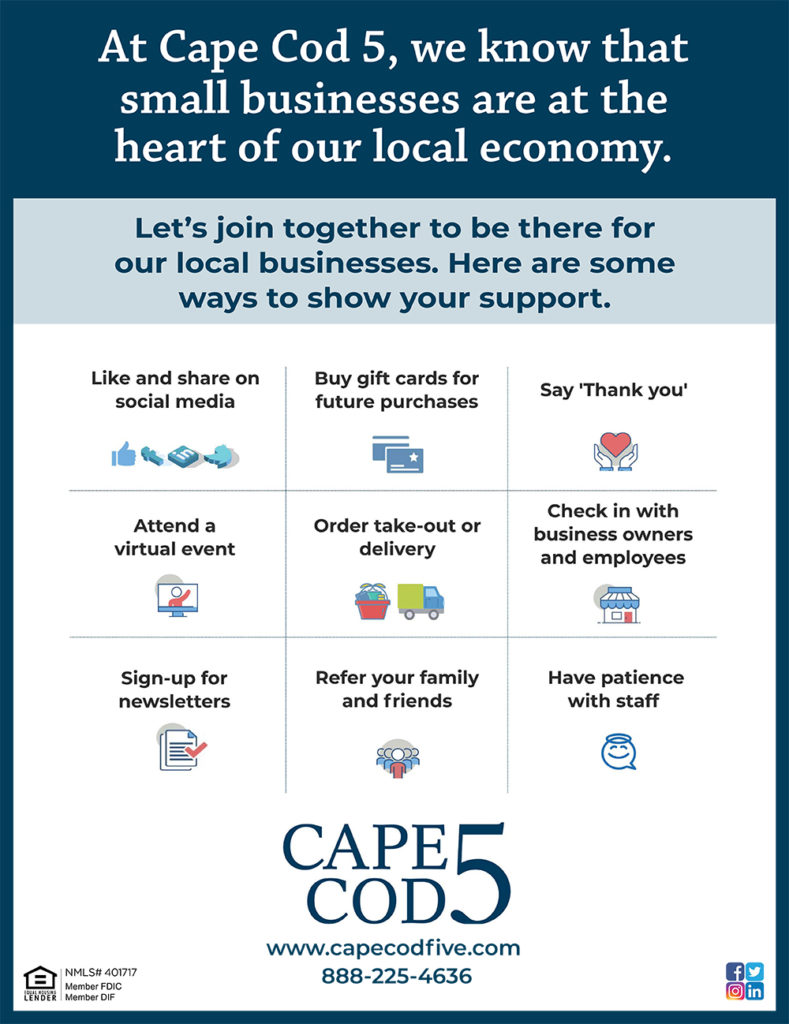Healthcare Model brings efficiency, cost savings to communities.
By Carol K. Dumas
A decade ago, if you had a minor illness or injury, you’d call your primary care physician (PCP). If you were lucky, and if it wasn’t after hours, your physician would squeeze you in that day. But most times, if you needed immediate medical attention and the doctor’s office was closed or maybe you were visiting the area, you’d head for the closest hospital emergency room to receive treatment.
And what if you didn’t have a primary care doctor at all? For rural areas, a trip to the hospital ER for a sprain, tick bite, stitches, ear ache or other minor condition is often a long trek. In a tourist area like Cape Cod,where the population swells from around 250,000 to 750,000, summer traffic clogs the main highway to Cape Cod Hospital in Hyannis, which is nearly 50 miles from the outermost town Provincetown. Today, those non-life threatening injuries or ailments can be addressed seven days a week by a nearby urgent care facility, a model that has attracted both hospitals and private companies for its profitability and efficiency. It’s sort of a cross between a doctor’s office and an emergency room.
People don’t need appointments and can walk in and be treated. Lab services and x-rays are also available. Urgent care has been around since the 1970s, but in Massachusetts it is a relatively new concept. “Massachusetts is hospital-centric,” explains Cape Cod Healthcare President and CEO Michael Lauf. Cape Cod Healthcare opened its first urgent care facility in Harwich in 2014. The nonprofit now has five urgent cares, with a sixth opening in 2022 in Orleans. Prior to joining Cape Cod Healthcare, Lauf had opened several urgent cares in different states. “I saw a need in the (Cape Cod) community,” he said. “The model we wanted to create, to provide better access to medical care, address the shortages of PCPs and reduce the costs or ER visits, I felt, would resonate very well with residents and visitors.”
Lauf feels the reputation of its two hospitals (Hyannis and Falmouth) has made Cape Codders confident about visiting its urgent care facilities, which all have boardcertified emergency room physicians and nurses from its two hospitals. “We’ve been very successful. We have a good model and we plan to keep expanding,” he says.
The pandemic affected Cape Cod Healthcare’s urgent care more than any other entity, Lauf says, as the organization struggled with shortages in Personal Protective Equipment amid a rise in hospitalizations due to COVID-19. People, he said, were reluctant to visit the urgent cares, which lost 25 percent of business. “They’ve started to come back,” he said. “We have a model for great care. Our volumes at urgent care have skyrocketed to beyond our pre-pandemic peak in 2019.” CareWell was founded in 2012, opening its first facility in South Dennis. The company now has 17 locations, including one in Rhode Island. “Our focus has been to provide better access to care when people need it,” says Shaun Ginter, CEO and president. “Urgent cares are designed to treat nonlife threatening conditions, episodic care; some 60 to 70 percent of urgent care visits would have been treated in an ER setting.”
Most Cape Cod urgent cares see a seasonal ebb and flow of patients, who a decade ago, would have been clogging up emergency rooms. “There’s vacation-related injuries, job-related injuries, a homeowner working around the yard and getting hurt, etc.,” says Ginter. “It’s slower in the off season.” During the pandemic, Ginter said, CareWell “really stepped up.” “Through the pandemic, urgent care proved to be such a vital part of the communities we serve, providing COVID testing and treatment, when needed,” notes Ginter.
“We offered Telehealth during the pandemic, tested thousands of people for COVID, gave out tens of thousands of vaccines. I’m very proud of what we do in supporting our communities. We’re looking ahead to a very bright future.” ConvenientMD, which opened its first clinic in 2012 in Windham, N.H, has a presence on the South Shore, including in Pembroke, and throughout Massachusetts. The company will open its 30th location in Westborough next month and plans on expanding to Maine as well.
“We do extensive research into what communities in our three states lack the necessary medical care to keep their people safe and healthy,” says Marketing Director Adam Rosenthal. “Some 80 percent of New Hampshire residents are within 20 minutes driving of a ConvenientMD clinic. We also recently started offering Virtual Urgent Care for those who may be a bit farther from a clinic or choose to participate in a Telehealth visit from the comfort of their own home.”
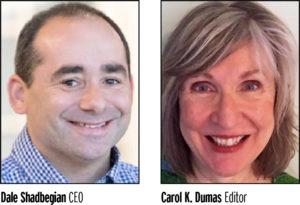
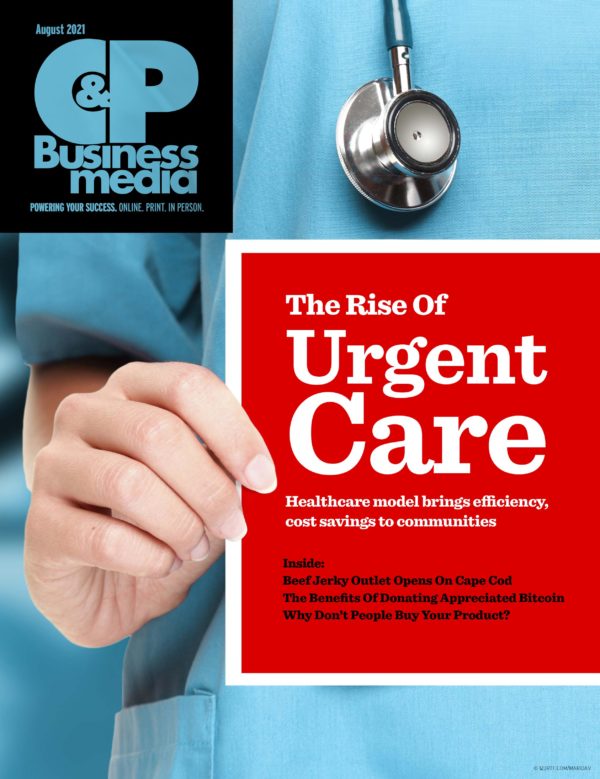



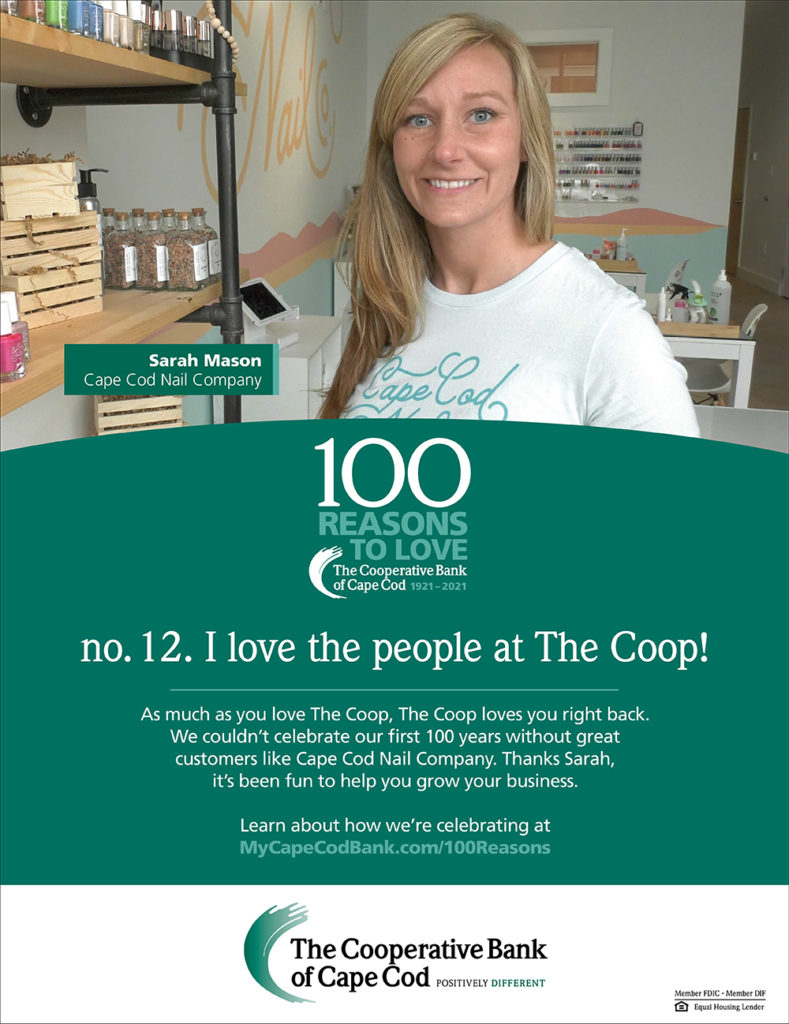
 Town of Bourne
Town of Bourne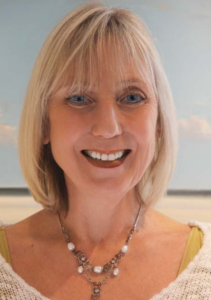 Helen Addison, Owner, Addison Art Gallery 43 South Orleans Road, Orleans
Helen Addison, Owner, Addison Art Gallery 43 South Orleans Road, Orleans




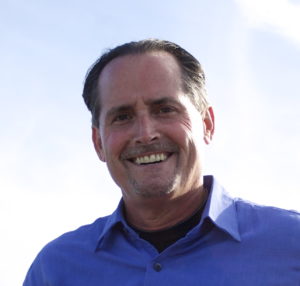 You think you have a great product or service, but no customers.
You think you have a great product or service, but no customers.


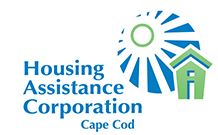 Housing Assistance Corporation
Housing Assistance Corporation
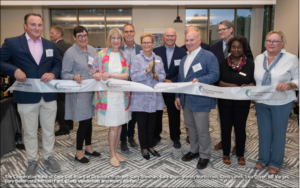
 RideAway Adventures opened its fourth Cape Cod location, Sandwich Canal Bike Shop, located within Merchants Square, 68
RideAway Adventures opened its fourth Cape Cod location, Sandwich Canal Bike Shop, located within Merchants Square, 68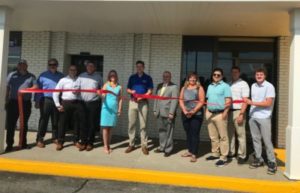 Sherwin-Williams recently commemorated the grand opening of their new Hanover location at 1410 Washington St. (Route 53), celebrating with the Hanover Chamber of Commerce and a number of local officials. Shown in their recent ribbon-cutting photo, from left, are Hanover Chamber Board members Dan Berry, Tom Burke, Jordan Kennedy and Kevin Kiley of Sherwin-Williams; Hanover Chamber president Erin Richardson, Sherwin-Williams Hanover store manager Ben Roache, State Rep. David DeCoste, Hanover Chamber Board member Cathy Follett, Hanover Town Manager Joe Colangelo, Chamber Board member Josh Donovan, and Joe Clinton, an intern with the Town of Hanover
Sherwin-Williams recently commemorated the grand opening of their new Hanover location at 1410 Washington St. (Route 53), celebrating with the Hanover Chamber of Commerce and a number of local officials. Shown in their recent ribbon-cutting photo, from left, are Hanover Chamber Board members Dan Berry, Tom Burke, Jordan Kennedy and Kevin Kiley of Sherwin-Williams; Hanover Chamber president Erin Richardson, Sherwin-Williams Hanover store manager Ben Roache, State Rep. David DeCoste, Hanover Chamber Board member Cathy Follett, Hanover Town Manager Joe Colangelo, Chamber Board member Josh Donovan, and Joe Clinton, an intern with the Town of Hanover